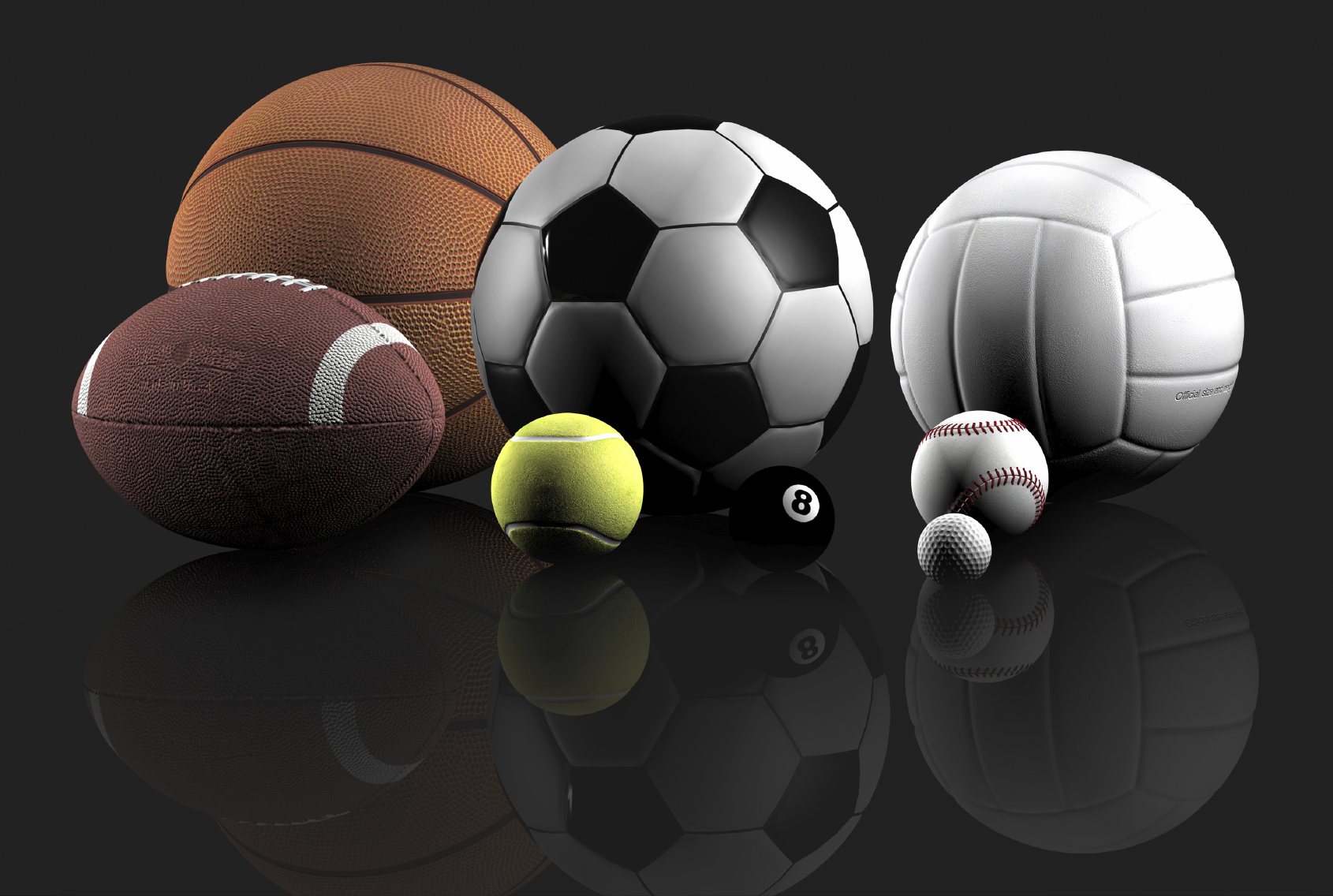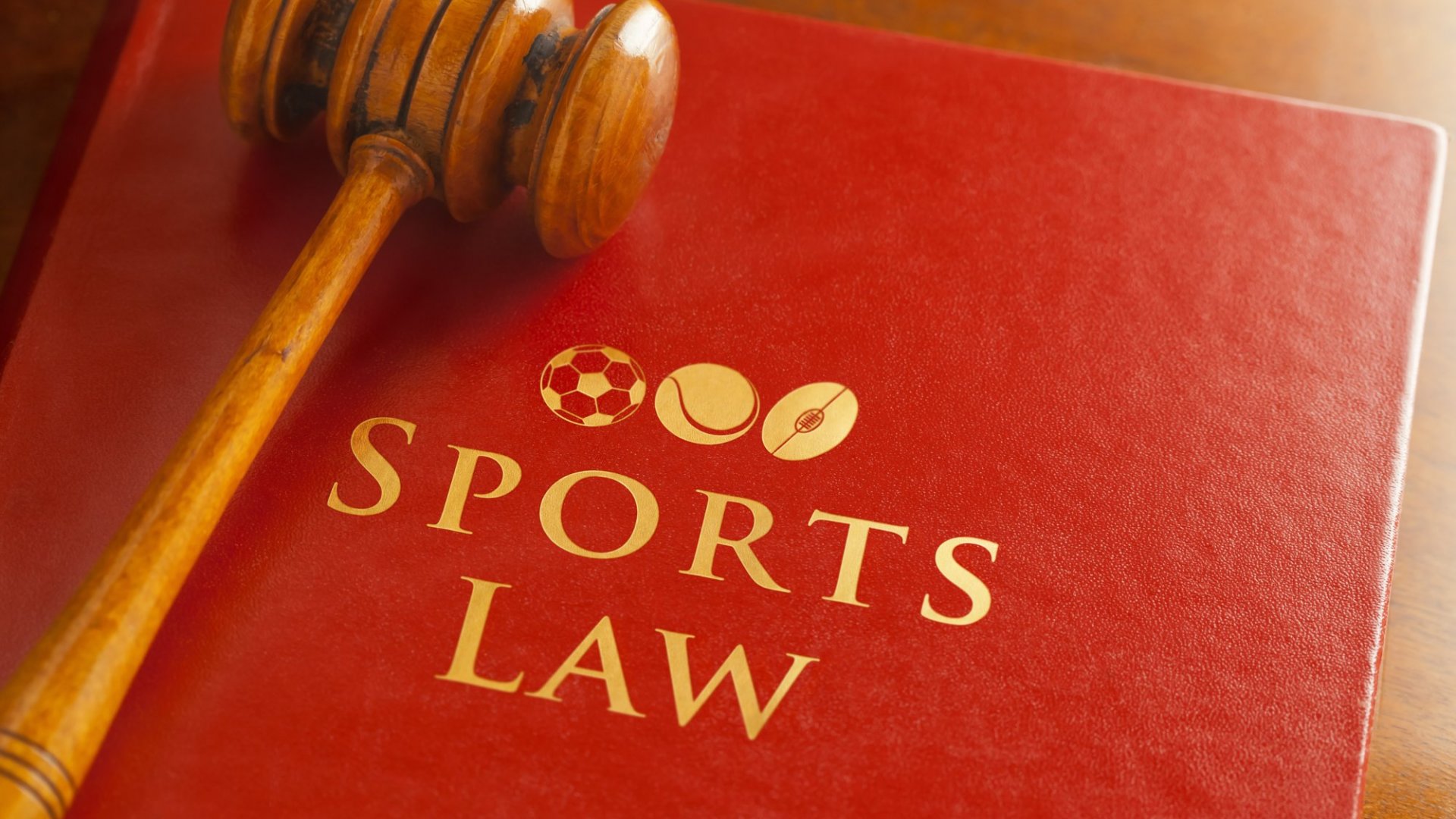Sports law refers to the legal regulations and principles that govern the sports industry. It encompasses various legal issues, such as contract negotiations, labor relations, intellectual property rights, antitrust laws, and liability concerns. Sports law impacts all aspects of the industry, from professional and amateur athletes to team owners, leagues, broadcasters, and sponsors, and aims to ensure fairness and stability in the industry, protect athletes’ rights, and promote the growth and success of the sports world.
What is the Importance of Sports Law?
One of the most important areas of sports law is contract negotiations. Athletes, team owners, and leagues must negotiate and agree on terms such as salaries, performance bonuses, and contract length. These negotiations often involve complex legal issues, such as breach of contract, non-compete clauses, and antitrust laws.
Antitrust laws play a crucial role in the sports industry, regulating the business practices of teams, leagues, and other organizations. These laws prevent anti-competitive behavior, such as price fixing, market manipulation, and monopolies.
Another important aspect of sports law is labor relations. Professional athletes are employees and are protected by labor laws, like the National Labor Relations Act and the Fair Labor Standards Act. These laws ensure that athletes are treated fairly, have the right to collective bargaining, and are paid a minimum wage.
Intellectual property rights are also a major concern in the sports industry. This includes the protection of trademarks, logos, and other proprietary information and the rights to broadcast games and other events. Sports organizations must protect their intellectual property to ensure continued success and growth.
In addition to these legal issues, liability is a major concern in the sports industry. Teams, leagues, and organizations must ensure that they are not liable for injuries sustained by athletes or spectators or any damage to property or reputation. This can include stadium safety, product liability, and defamation.
Contract Types in Sports Law
Sports law in the United States encompasses several types of contracts, including:
Player Contracts: These are agreements between a player and a team that outline the terms and conditions of the player’s employment, including salary, benefits, and performance incentives.
Agent Contracts: These are agreements between a player and an agent that outline the terms and conditions of the agent’s representation of the player, including commission, duties, and responsibilities.
Team Contracts: These are agreements between a team and a league or governing body that outline the terms and conditions of the team’s participation in the league, including revenue sharing, scheduling, and player movement.

Endorsement Contracts: These are agreements between a player and a sponsor that outline the terms and conditions of the player’s endorsement of a product or service, including compensation, appearance obligations, and promotion.
Broadcasting Contracts: These are agreements between a league or team and a broadcaster that outline the terms and conditions of the broadcast of games or events, including rights to air games, distribution, and compensation.
Stadium and Arena Contracts: These are agreements between a team and a venue owner or operator that outline the terms and conditions of the use of a stadium or arena, including rent, maintenance, and improvements.
Sponsorship Contracts: These are agreements between a team, league, or event and a sponsor that outline the terms and conditions of the sponsorship, including compensation, advertising, and promotional rights.
These are some of the major types of contracts that come under sports law in the United States, but there may be others depending on the specific needs and circumstances of a given case.
Key Terms Related to Sports Law
Antitrust Law: Laws designed to promote fair competition and prevent monopolies in the market, including in the sports industry.
Labor Law: Laws regulating the employment relationship between employers and employees, including in the sports industry.
Collective Bargaining Agreements (CBA): Contracts between a labor union and an employer that govern wages, hours, and working conditions in a specific industry or sector, including in sports.
Tort Law: Laws that provide remedies for individuals who have been wronged, including in the context of sports, such as personal injury or defamation.
Intellectual Property Law: Laws that protect creative works, such as trademarks, copyrights, and patents, including in the sports industry, about team logos, athlete likenesses, and sponsorship agreements.
Conclusion
Sports law plays a crucial role in the sports industry, shaping its growth and success by regulating contract negotiations, labor relations, intellectual property rights, antitrust laws, and liability concerns. It ensures that the sports world remains fair and stable, protects athletes’ rights, and promotes the industry’s continued success.

